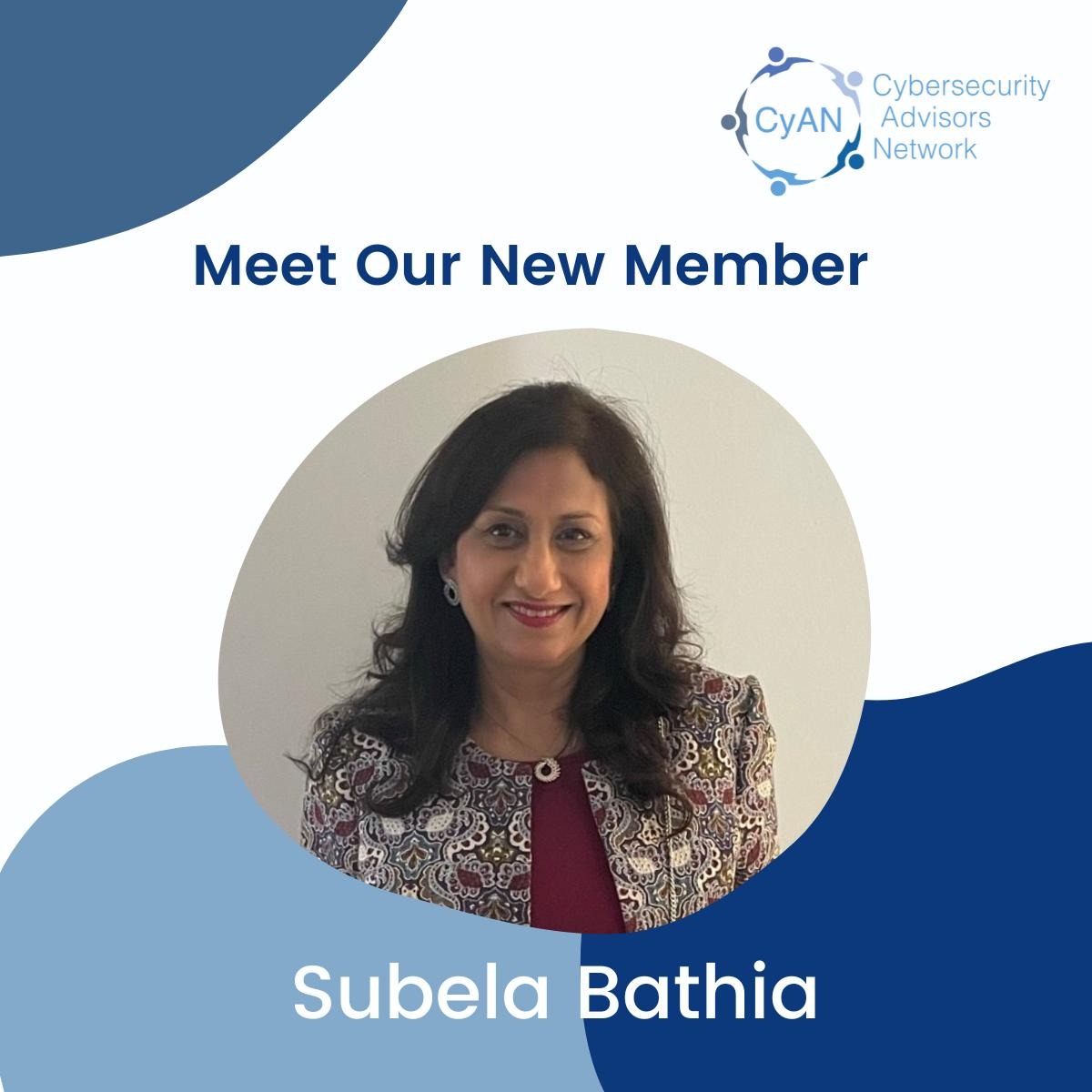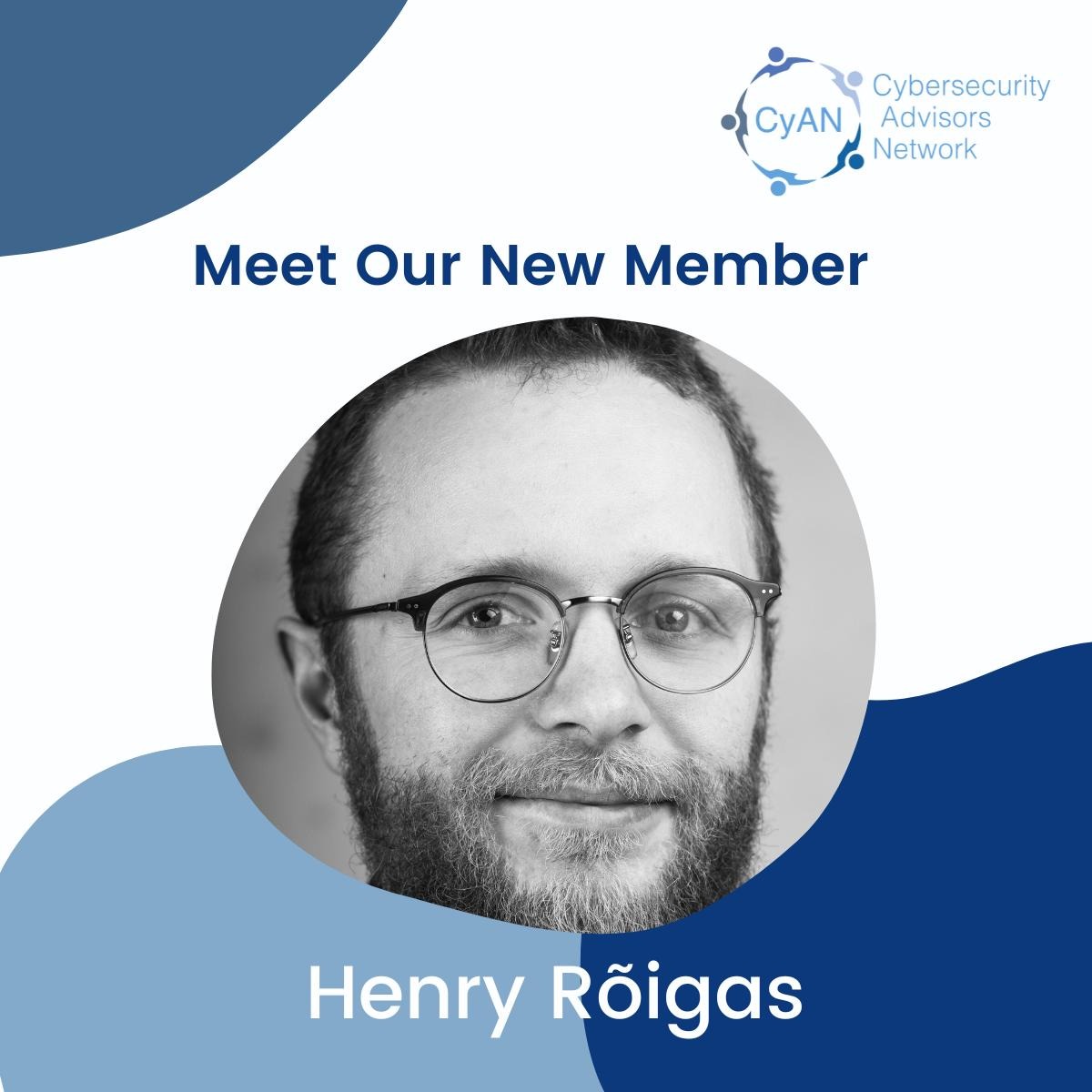Cyber (In)Securities – Issue 109
Contents: News Analysis CyAN News Events News: Australia’s first Cyber Security Act becomes law https://ia.acs.org.au/article/2024/australia-s-first-cyber-security-act-becomes-law.html Australia’s inaugural Cyber Security Act has officially passed, mandating critical infrastructure providers to adopt stringent cybersecurity measures. The legislation focuses on protecting essential services like energy, health, and communications from …




